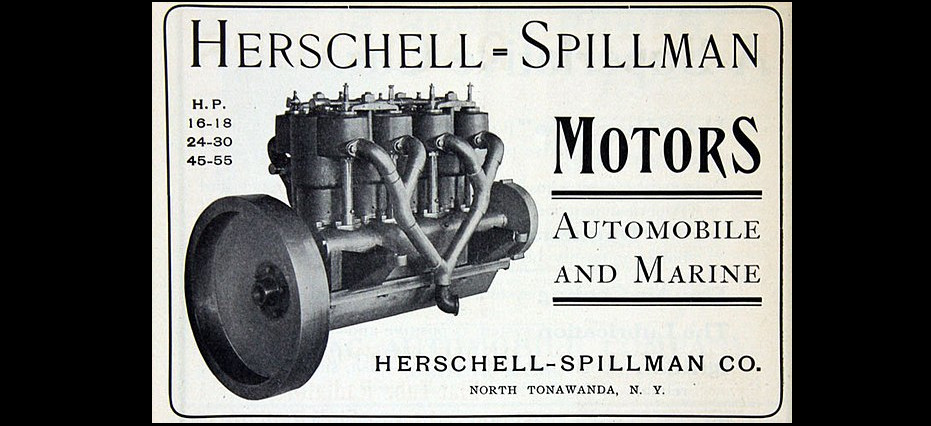Since its inception, the internal combustion engine has emerged as one of the most transformative inventions in human history. Combining mechanical ingenuity with the power of combustion, this remarkable piece of machinery has shaped the modern world in countless ways. From revolutionizing transportation to enabling industrial progress, the internal combustion engine has become an indispensable part of our daily lives. In this brief article, we delve into the beginnings of this marvel and explore how it continues to benefit humanity to this day.
Invention and Early Developments
The birth of the internal combustion engine can be attributed to the remarkable efforts and ingenuity of several inventors. In 1823, Samuel Brown an English engineer, patented the first internal combustion engine to be applied industrially in the United States. Brown also demonstrated a boat using his engine on the Thames in 1827, and an engine-driven carriage in 1828.
However, it was Nikolaus Otto who is widely recognized for his pioneering work in the 1860s. Otto’s innovative four-stroke engine design laid the foundation for the future development of this technology. His engine, which utilized the principles of compression, ignition, and combustion within a closed chamber, marked a significant leap forward in development.
The Era of Mobility
The internal combustion engine sparked a transportation revolution that forever transformed the way we move. With the advent of the gasoline-powered automobile, personal mobility ceased to be a privilege reserved for the wealthy elite. Henry Ford’s groundbreaking assembly line techniques further democratized automobile production, making cars accessible to the masses. The new-found freedom of mobility opened up opportunities for economic growth, facilitated the expansion of urban centres, and connected distant communities like never before.
Industrial Revolution
Beyond transportation, the internal combustion engine played a pivotal role in propelling the industrial revolution. With the ability to convert heat energy into mechanical work, this engine powered machinery across various sectors, boosting productivity and efficiency. Factories, agriculture, mining, and construction all benefited immensely from the power of internal combustion engines. Tasks that were once labour-intensive and time-consuming became faster, easier, and more economical. This unleashed a wave of innovation, transforming industries and paving the way for modern industrialization.
Energy Generation and Global Connectivity
Another profound impact of the internal combustion engine is its contribution to energy generation. These engines have been employed in power plants to generate electricity, providing a reliable and scalable source of energy. This breakthrough has powered the growth of cities, enabled the development of new technologies, and improved the quality of life for millions worldwide.
Furthermore, the internal combustion engine has played a pivotal role in global connectivity. From ships crossing oceans to aeroplanes soaring through the skies, these engines have facilitated international trade and travel. The ability to traverse vast distances efficiently has brought people closer together, fostering cultural exchange, and enhancing global cooperation.
Continued Advancements
The internal combustion engine has undergone significant advancements and improvements over the years. Manufacturers have strived to enhance fuel efficiency, reduce emissions, and explore alternative fuels and additives to prolong the life of engines.
The computerisation of engine components and vehicle functionality has changed the look of engines, although some say that computerisation has overcomplicated engines rather than streamlined them.
In Conclusion
The internal combustion engine stands as a testament to human ingenuity and its ability to shape the world we live in. From its humble beginnings to its wide-ranging impact, this remarkable invention has revolutionized transportation, fuelled industrial progress, and empowered human advancement. As we navigate the challenges of the 21st century, it is crucial to build upon the legacy of the internal combustion engine by embracing sustainable alternatives. The lessons learned from its journey can guide us towards a future that is both efficient and expansive for the human race.
